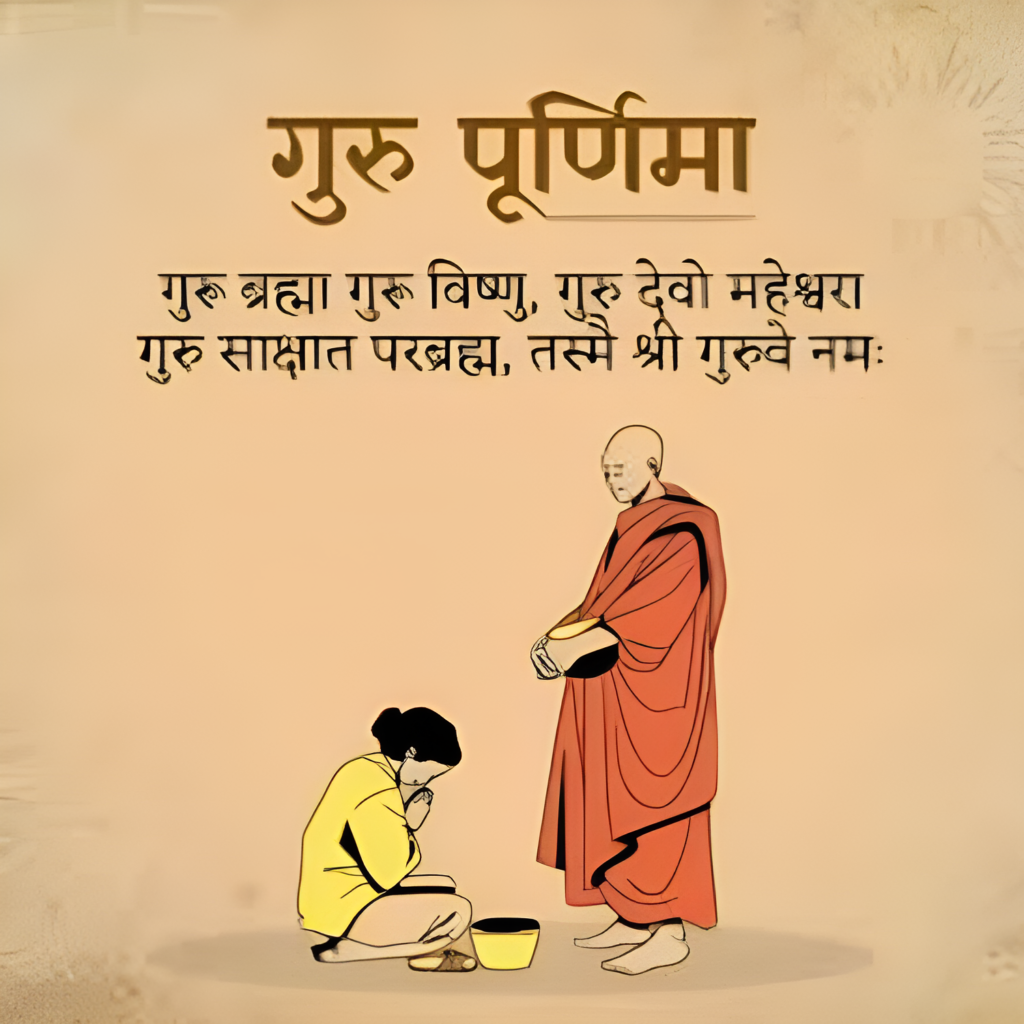Welcome to theustales.com.
Guru Purnima is a special festival that people celebrate with joy and respect throughout India. Today on 21-07-2024 Celebrating Guru Purnima Festival this day to honoring our teachers and spiritual guides. Celebrated on the full moon day (Purnima) in the Hindu month of Ashadha (June-July), it is a time to show gratitude and seek blessings from our gurus.
Historical and Spiritual Significance
Guru Purnima has deep roots in history and spirituality-
Adi Shankaracharya and Lord Buddha
Many believe that Adi Shankaracharya, a great Indian philosopher, was born on this day. Adi Shankaracharya unified and established the main currents of thought in Hinduism. His teachings emphasized the idea of Advaita Vedanta, which teaches the oneness of the individual soul and the Supreme Soul.
Guru Purnima is also significant for Buddhists. It is the day when Lord Buddha gave his first sermon at Sarnath after attaining enlightenment. This event is known as Dhammacakkappavattana Sutta, marking the beginning of his teaching journey. Buddha’s teachings form the foundation of Buddhism, emphasizing the path to liberation from suffering.
Sage Vyasa
In the yogic tradition, Guru Purnima honors Sage Vyasa, who is considered one of the greatest gurus in Indian history. He is the author of the Mahabharata and the compiler of the Vedas, which are the oldest and most sacred scriptures of Hinduism. Vyasa divided the Vedas into four parts to make them more accessible to humanity. In his honor, people also call this day Vyasa Purnima to celebrate his wisdom and contributions.
“Let no man in the world live in delusion. Without a Guru, no one can cross over to the other shore.” – Guru Nanak
Rituals and Celebrations
People celebrate Guru Purnima in various ways, but the main idea is to show gratitude to our gurus. Here are some common practices:
Puja and Offerings: Devotees perform special prayers and offer fruits and flowers to their gurus. Temples and spiritual centers hold ceremonies to mark the occasion.
Satsangs and Discourses: Spiritual gatherings and teachings are organized. Gurus share their wisdom with their disciples. It is a time for learning and reflection.
Feeding the Needy: Many people engage in acts of charity. They feed the poor and distribute clothes and other essentials.
Fasting and Meditation: Some devotees fast and dedicate the day to meditation and spiritual practices.
Academic Acknowledgment: In schools, students show respect to their teachers. They acknowledge their contribution to their learning and growth.
“A Guru takes a hand, opens a mind, and touches a heart.” – Unknown
Also Read:
Remembering Swami Vivekananda: A Tribute on His Death Anniversary
The Guru-Shishya Tradition
The guru-shishya (teacher-student) tradition is key in Indian culture. It emphasizes the importance of the guru in a student’s life. A guru guides the student on the path of knowledge and spiritual awakening. This relationship is built on trust, respect, and devotion.
Guru Purnima reminds us of the positive impact a guru can have. It is a day to reflect on their teachings and renew our commitment to follow their guidance.
Modern-Day Observance
In today’s world, Guru Purnima still holds great meaning. While celebrations may have changed, the respect for teachers and mentors remains strong. Many people now honor not just spiritual gurus but also academic and professional mentors who have shaped their lives.
Guru Purnima is a beautiful tradition that crosses religious and cultural boundaries. It honors those who enlighten our paths with wisdom and knowledge. This day is for expressing gratitude, reflecting on teachings, and renewing our commitment to learning. Whether through traditional rituals or modern expressions of thanks, Guru Purnima continues to inspire us and remind us of the timeless value of our teachers’ guidance.
“The mediocre teacher tells. The good teacher explains. The superior teacher demonstrates. The great teacher inspires.” – William Arthur Ward
